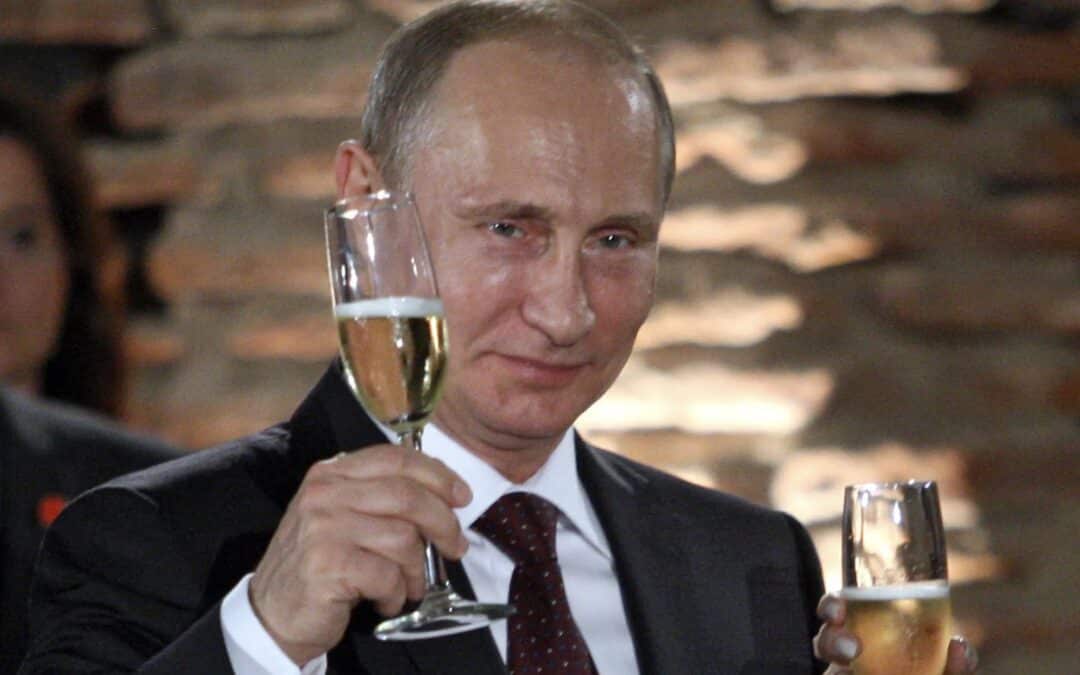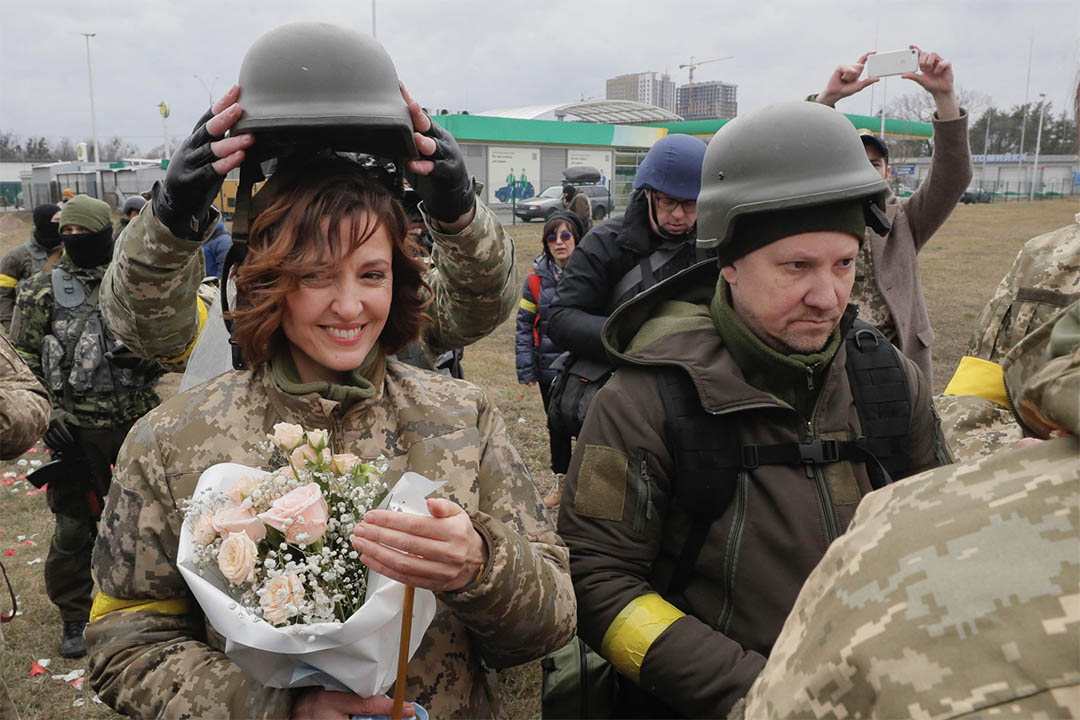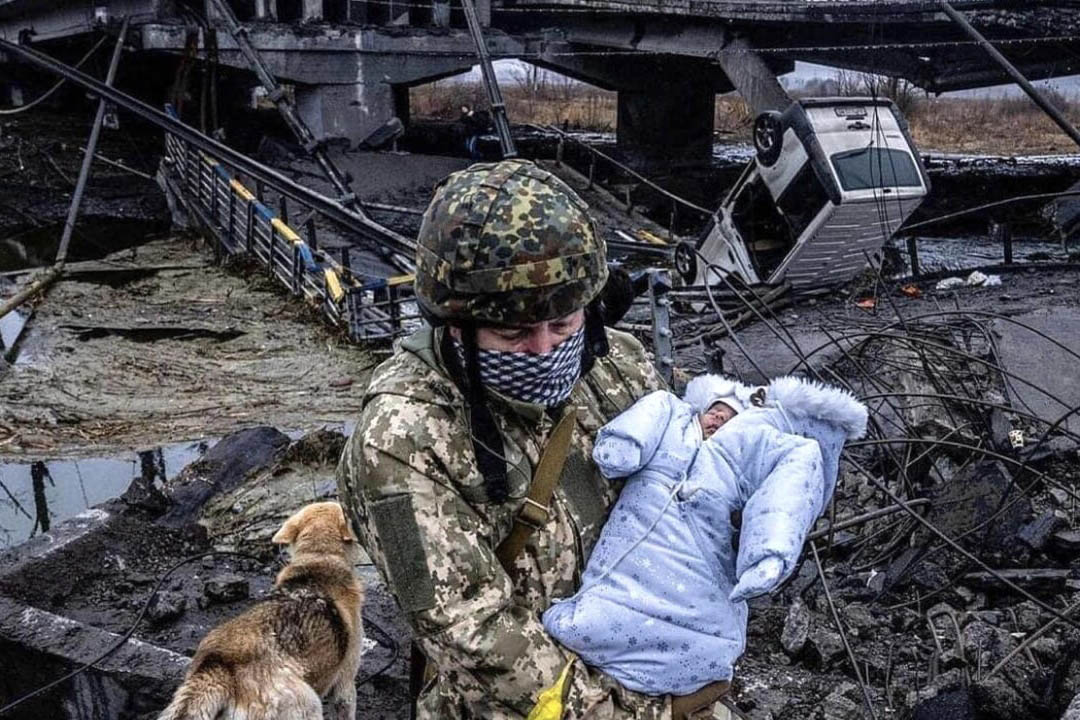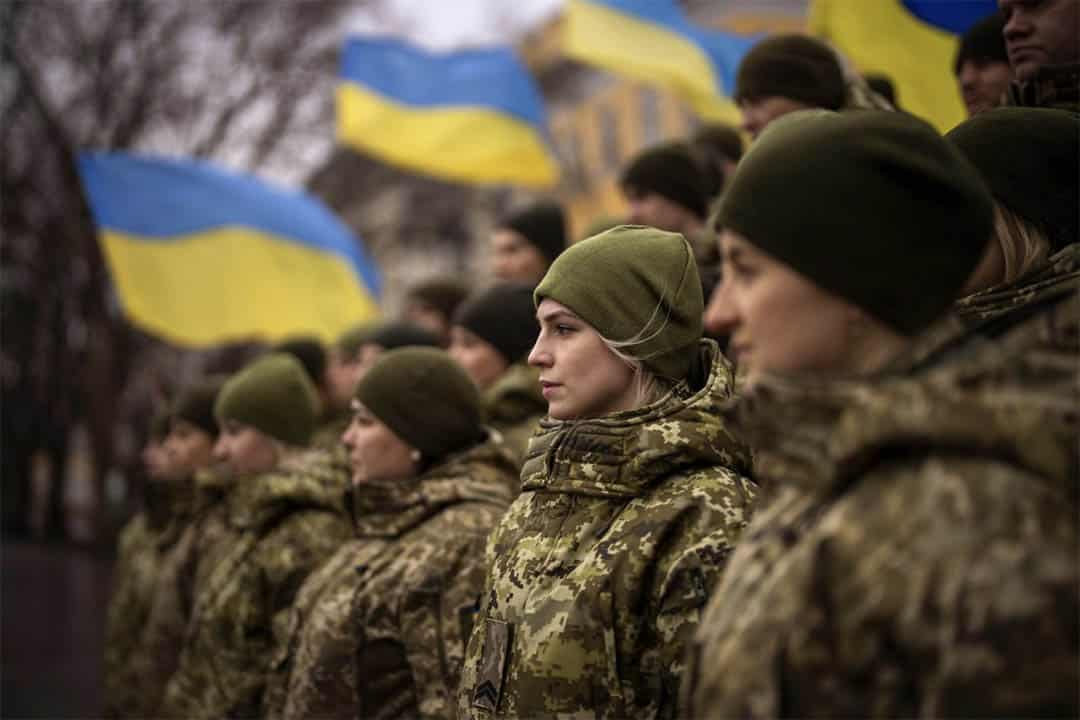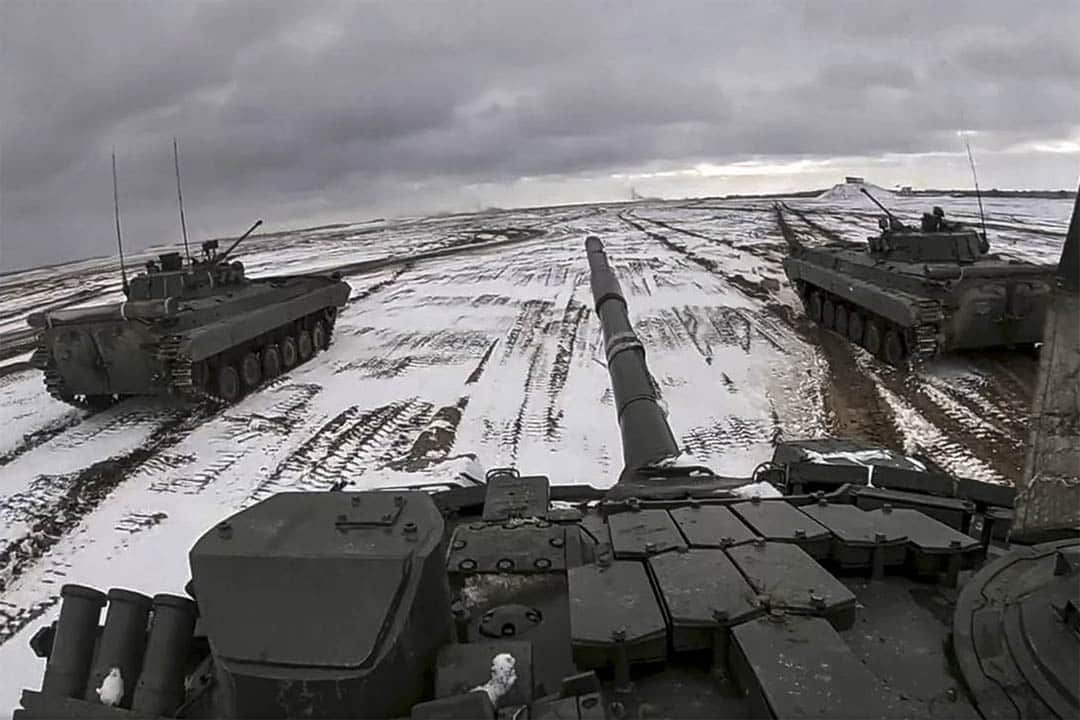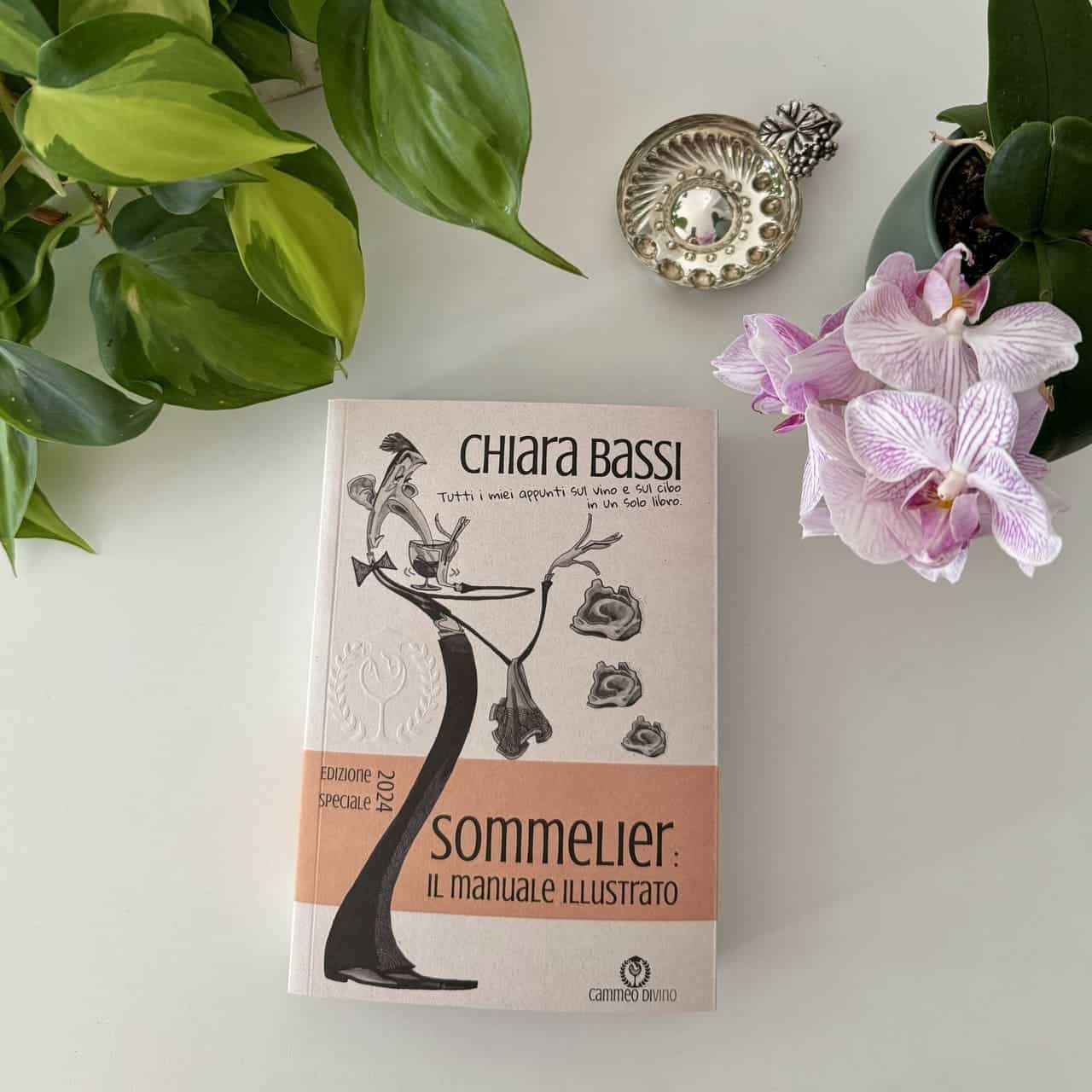Ukraine RussiaA situation I believe for many unimaginable in 2022 that must be strongly condemned. Beyond one's 'sympathies', invading a sovereign state is unacceptable and illegal, no matter what pretext Putin chooses to use. Since I am no one to explain what is happening between Russia and Ukraine, in this article I want to talk to you about the Italian wine export situation in Russia and Ukraine and answer three crucial questions with you:
- What will change for Italian wine exports?
- How important is the Russian market for Italian wine?
- How important is the Ukrainian market for Italian wine?
What you are about to read is a paragraph from my thesis in Geography of Wine Production that my supervisor, Professor Francesco Maria Olivieri, and I decided to cut because the conflict is still ongoing and it is too early for any consideration. He had suggested that I could add it to the conclusion, but I decided to make it an article for my wine blog because I think it could be interesting food for thought for all Italian wine producers working with these two markets.
The Russian-Ukrainian crisis in the wine market
Russia was able to remain in the Top 10 of Italian wine consumers despite the economic crisis causing a "five-year (2012-2017) consumption decline of -24.3%". Starting in 2018, the economic recovery slowed this decline and triggered a positive trend, especially in the off-trade channel. Between 2018 and the end of 2019, consumption, aided by the increase in both purchasing power and average age, experienced a boost that generated optimistic forecasts for the export of Italian wine, particularly appreciated by Russians for its extraordinary value for money.
"In 2017, Russia imported Italian wine worth €255 million with a growth of +34.9%". So, despite the fact that consumption decreased overall, Made in Italy consolidated its leadership by registering increases for all types of bottled wines where a market share of 60% on the total of imported sparkling wines stands out in particular.
"[...] last year alone saw orders from Russia worth $375 million, up 11% on the previous year, against $1.155 billion in total wine imports from abroad. Italy, the leading supplier country with a market share of around 30% ahead of France and Spain, recorded a boom in demand for sparkling wines in 2021 (25%) and an increase of 2% for bottled still wines. Among the most popular appellations from Moscow are Prosecco, Lambrusco and Asti spumante, as well as PDO wines from Tuscany, Sicily, Piedmont and Veneto. Ukraine, where Italy is the market leader, also recorded imports of Italian wine in the first 9 months of 2021 at +20% for still and sparkling bottled wines, and +78% for sparkling wines".. Source: Nomisma - Wine Monitor
You can now subscribe to my newsletter or scroll down the page to continue reading the article!
Ukraine Russia: what if the wine world 'turned back'?
However, the current uncertainties caused by the Russian-Ukrainian crisis and the heavy sanctions that Russian President Vladimir Putin is not afraid to attract risk putting wine consumption back on the downward trend of the crisis that had affected Russia in previous years. Italy, therefore, despite having a strong brand that makes it Russia's leading trade partner, is faced with two possible opposing scenarios that are unlikely to see the implementation of any middle ground, despite the fact that they both start from the probable assumption that wine consumption will fall over the next five years (2022-2027).
The first scenario sees Italy maintaining its leading position at the expense of new players in the Russian wine market, including Georgia and Abkhazia. The second scenario sees Italy losing market share to these players with whom, while winning clearly in terms of quality, it cannot compete in terms of price. Both scenarios then depend on the possible counter-sanctions that Moscow might institute in response to the 'hostile countries', i.e. the countries that will take Ukraine's side.
The future is therefore marked by the outcome of the 'tug-of-war' between Europe, North America and all the countries that will go against Putin's operations. An uncertain future for Russia itself, which could suffer one of the biggest economic crises since the Second World War.
Ukraine Russia: Sanctions and Made in Italy
The Russian-Ukrainian crisis has already triggered a system of sanctions by Europe from which Italy is unlikely to emerge intact, due to both the important economic relations that "place Russia as the fourteenth destination market" for Made in Italy products, and the strong dependence on Russian gas (43% of the total supply), which is imported through pipelines that pass through Ukraine and which could be blocked if this initial occupation were to result in an armed conflict.
If theexposure of large Italian companies of the various sectors - especially fashion, which plays one of the most important roles - in the Russian market remains however not significant because it is inferior to the 10%, the situation appears more uncertain for the wine sector, more than 95% of which is occupied by micro-enterprises with a tendency to 'verticalise' revenue. Small wineries, in fact, precisely because of their company conformation - human capital and economic capital in primis - tend to voraciously penetrate a market that functions without diversifying, that is, without creating different company assets capable not only of 'keeping them afloat' should their primary asset be temporarily unable to give them the expected profitability, but also of making them acquire new markets as effectively and quickly as possible.
You can now buy my book dedicated to aspiring sommeliers and already sommeliers or scroll down the page to continue reading the article!
Book "Sommelier: the Illustrated Manual" Special Edition 2024
All my notes on wine and food in one book.
€ 38,00 VAT included!
In stock (can be backordered)
Italian wine: a question of adaptability
Therefore, although it is not possible to have a complete picture of the future that awaits Italian wine exports on the Russian front, it appears highly probable that, at least in the immediate future, the wineries that have so far placed most of their productivity in this market will face a period of difficulty. This period could be longer or shorter precisely depending on their adaptability to different business models, provided they possess the economic-financial capacity to make this transition should a possible crisis arise.
As always, I hope you enjoyed this article and found it useful. I wrote this reflection on 23 February, shortly before the war Russia Ukrainebut I waited until today to publish it as I have just handed in my final dissertation now!
I would love to know what you think in a comment, even here on the blog.
Cheers 🍷
Chiara
P.S. If you are interested in the wine marketing I also recommend reading:

